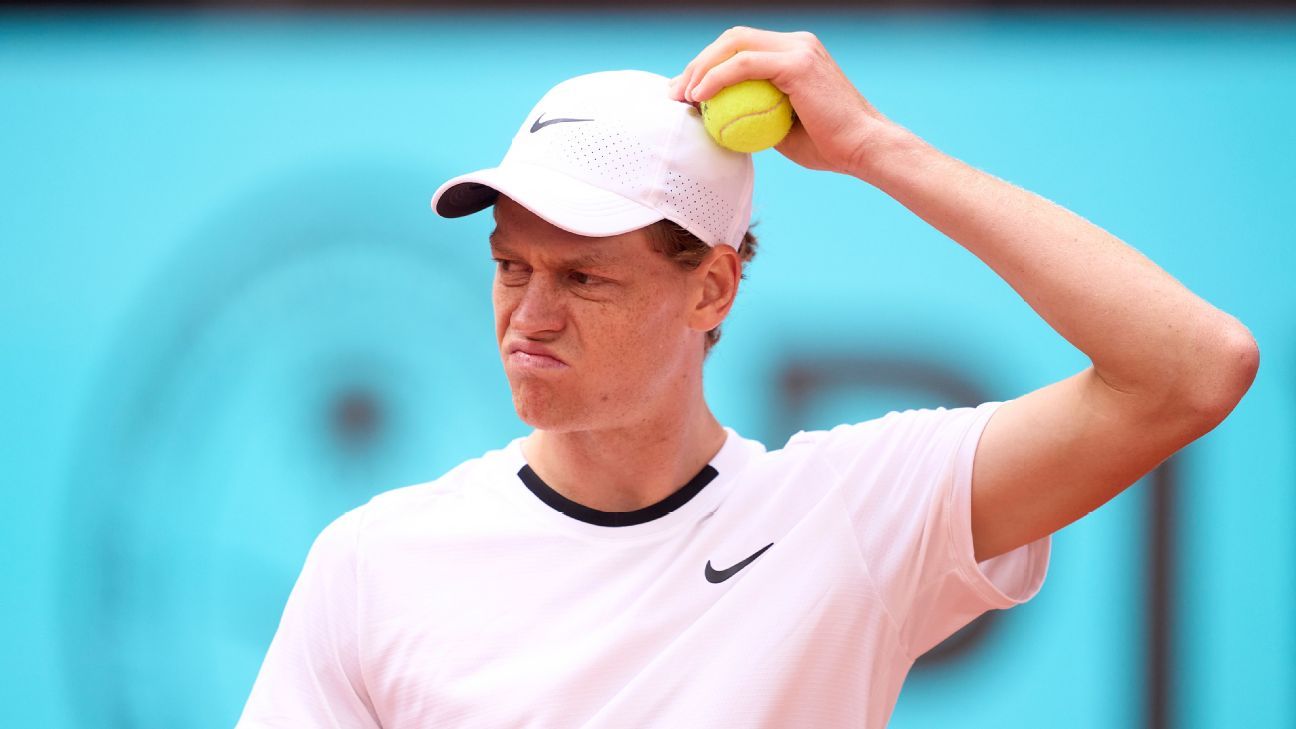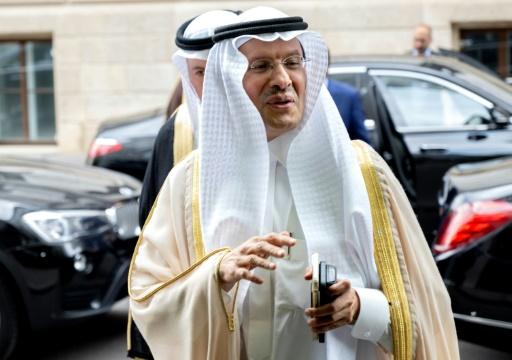This content was published on Jun 04, 2023 – 09:47
(AFP)
Saudi Arabia committed to new cuts in its crude production, in a move from the meeting of the OPEC + alliance of oil exporting countries, which met on Sunday in Vienna to develop a strategy to boost prices, greatly affected by uncertainty about the global economy.
The 13 members of the Organization of the Petroleum Exporting Countries (OPEC), led by Saudi Arabia and which includes Venezuela, along with their 10 partners, led by Russia, met to agree on a common policy.
The Saudi Energy Minister, Abdulaziz bin Salman, said after the meeting that his country was committed to an additional reduction of one million barrels per day of its production starting in July, but that this reduction “may be extended.”
The other important announcement by the oil cartel is that the voluntary production cuts approved by nine countries from this agreement totaling 1.6 million barrels per day and which took effect in May “will be extended until the end of 2024,” he told the Russian MP. The prime minister-designate energy portfolio, Alexander Novak, left the meeting.
The meeting at OPEC headquarters started about three hours later than expected and negotiations were tortuous between these 23 countries responsible for 60% of global crude oil production.
One of the main issues in the negotiations was the production base because it is used to calculate the pumping quotas for each country and thus be able to form a common cut.
The United Arab Emirates, which called for increased production, succeeded in increasing the base on which its share of pumping is calculated.
According to Bloomberg Agency, this increase led to the reluctance of African countries such as Angola, Congo and Nigeria, whose quotas were reduced for the next year.
These African countries are producing at full capacity, but they are barely meeting their production targets and are now under additional pressure.
– Fear of recession –
Delegates gathered in an atmosphere of uncertainty about the global economy, with several negative economic indicators of demand for crude oil.
This meeting took place two months after several countries in this cartel announced a voluntary cut in their production quotas to raise prices, a decision that took effect in May but had a short-term effect and did not stop the price fall. .
Despite the fact that oil prices have rebounded in the past couple of days, prices have fallen by 10% since the surprise announcement at the beginning of April.
Brent crude, which is the reference in Europe, is at $76 a barrel, and the US West Texas Intermediate crude index is trading at $71, far from the levels it reached in March 2022 at the start of the war in Ukraine, when it reached nearly $140. barrel.
At OPEC+ meetings, it is common for there to be pressure to cut production to support prices to meet resistance from countries that need more oil revenue.
In addition, crude oil producers gathered at a time when the market was plagued by the impact of inflation, monetary tightening by major banks, a less-than-expected liquidity recovery in Chinese demand and various turbulences affecting the financial system.
Prior to the meeting, there was speculation about whether Saudi Arabia and Russia would clash over their differences and divergent interests, but the OPEC+ meeting concluded showing a united front.
Russia is reluctant to turn off the oil tap, which provides Moscow with revenue to fund its military offensive.
Due to sanctions imposed by Western powers, Russian crude can only be traded at $60 or less.
“In contrast, Saudi Arabia needs higher prices to balance its balance sheet,” Commerzbank analyst Barbara Lambrecht said in a note.
The Russian minister was frank: “We have no differences. This is a joint decision in the interest of the market.”

“Beeraholic. Friend of animals everywhere. Evil web scholar. Zombie maven.”


:quality(85)/cloudfront-us-east-1.images.arcpublishing.com/infobae/5L7R7XY72ZGS5KBORS3ZGW6J2E.jpg)
:quality(85)/cloudfront-us-east-1.images.arcpublishing.com/infobae/BFZLOD5NJVAM5O7VEIEL3TZTHI.jpg)



More Stories
Villa Maddalena Office / Andre Avila Arquitetura + Luis Canepa Arquitos
Epic Games confirms that Fortnite will be returning to the iPad
Chipazo lottery results: Who are the new millionaires?